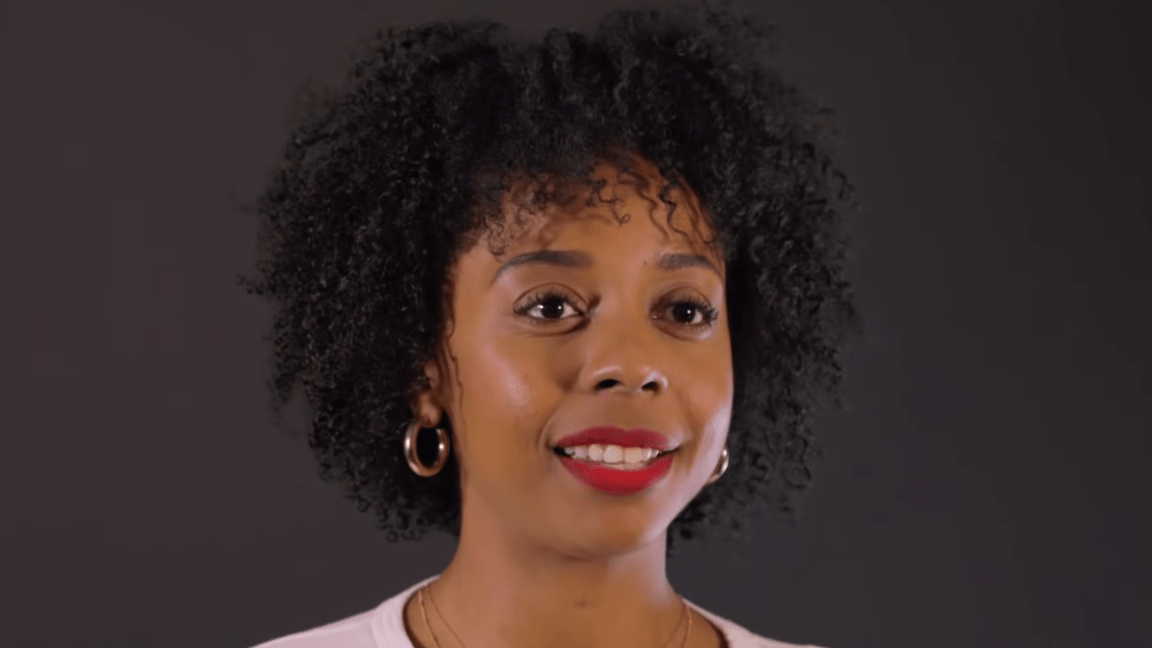The Hill’s firing of Gray was in retaliation for an interaction between her and Yarden Gonen, whose sister was allegedly taken hostage during the al-Aqsa Flood. Throughout the interview, Gray calmly and cordially disagreed with Gonen, who was espousing Islamophobic and anti-Arab bigotry, as well as repeating the debunked narratives about Hamas and October 7.
Gonen went so far as to argue that Arabs and Palestinians residing in the U.S. “pose a threat” and Gray assertively pushed back. Gray followed up by stating: “I hope that Netanyahu agrees, and Israel agrees to the ceasefire deal that could bring all the hostages home, including your sister, home. I am sure the viewers watching are praying for her safety.”
In a pompous manner, Gonen inappropriately responded, “I really hope that you specifically will believe women when they say they got hurt,” as a jab at Gray. (The Hill/Rising, June 5). The asinine statement from Gomen visibly annoyed Gray, who was accused by her employer of “rolling her eyes.” Gray kept her cool and responded by simply saying: “Okay, thanks for joining. Stick around.”



Sure she could’ve, but I’m sure the logic going on in her head was: “If I lose my cool and come off too aggressive, they’ll just fire me and replace me with someone more explicitly Zionist. If I stay calm and professional I can ask questions that prompt the settler to expose her own bigotry to the audience without looking like I’m trying to do a debate instead of an interview. I’ll get to keep using this platform to reach people and ask questions that others wouldn’t.” The joke is that it didn’t matter at all because in the end they just fired her anyway because they didn’t like a black woman’s face while she was being slandered by a bigot.
There’s ideological room for her on “the left” (the limits there being her own class interest and political education), but lets not pretend there’s room for her to have a career “on the left”. The Panthers didn’t organize a 501c4 to pad their resumes. People like BJG desperately want to believe they can turn meaningfully positive political action into a job that pays the bills, and it always ends up like this. To ideologically move beyond the limits of professional reformism, she’d need to accept that it’s almost never going to come with a financially successful career. You can make a living, and you can be a revolutionary, but you can’t make a living being a revolutionary in a capitalist framework. The contradictions will always make you choose one over the other, and a person’s material conditions will usually end up being the deciding factor.